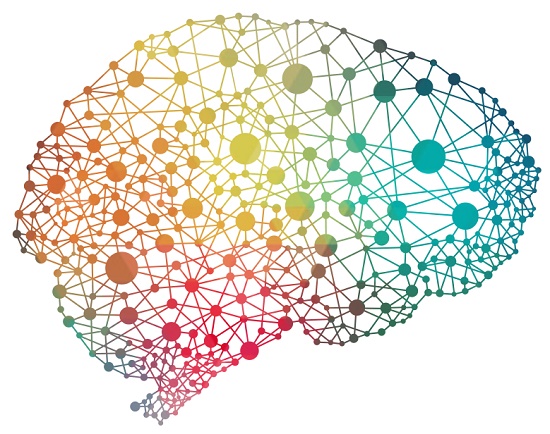
In 2013, Johns Hopkins University researcher and epidemiologist Dr. Frank Lin directed a study that was the first to appraise the possible consequence of hearing loss on cognitive performance.
Participants with hearing loss took repeated cognitive examinations, used to quantify memory and thinking skills, over the span of six years. Hearing tests were also carried out over the same time frame.
What the researchers discovered was concerning: the cognitive abilities of those with hearing loss declined 30 to 40 percent faster than those with normal hearing, even after accounting for other contributing factors like age, high blood pressure, and diabetes.
But that wasn’t everything. Not only did those with hearing loss experience higher rates of cognitive decline—the decline was directly connected to the intensity of the hearing loss. The more severe the hearing loss, the greater deterioration to brain performance. Furthermore, those with hearing loss presented marks of significant cognitive impairment 3.2 years earlier than those with normal hearing.
The research shows a deep association between hearing loss and cognitive decline, but the question remains as to how hearing loss can trigger cognitive decline.
How Hearing Loss Causes Cognitive Decline
Researchers have proposed three explanations for the connection between hearing loss and cognitive decline:
- Hearing loss can lead to social isolation, which is a well-known risk factor for cognitive decline.
- Hearing loss causes the brain to dedicate too many resources to the processing of sound, at the expense of memory and thinking.
- A common underlying injury to the brain causes both hearing loss and decreased brain function.
Possibly it’s a blend of all three. What is clear is that, irrespective of the cause, the connection between hearing loss and cognitive decline is powerful.
The question now becomes, what can we do about it? Researchers estimate that 27 million Americans over age 50, among them two-thirds of men and women aged 70 years and older, suffer from some kind of hearing loss. Is there a way those with hearing loss can avoid or counter cognitive decline?
How Hearing Aids Could Help
Recall the three ways that hearing loss is considered to trigger hastened cognitive decline. Now, consider how hearing aids could deal with or correct those causes:
- Individuals that use hearing aids boost their social confidence, become more socially active, and the effects of social isolation—and its contribution to brain decline—are mitigated or removed.
- Hearing aids protect against the overtaxing effect of struggling to hear. Mental resources are freed up for memory and reasoning.
- Hearing aids deliver amplified sound stimulation to the brain, helping to re-create neural connections.
Admittedly, this is only theoretical, and the big question is: does utilizing hearing aids, in fact, slow or protect against hastened mental decline, and can we measure this?
The answer could be discovered in an upcoming study by Dr. Frank Lin, the head researcher of the initial study. Lin is currently working on the first clinical trial to examine whether hearing aids can be objectively measured to prevent or alleviate brain decline.
Stay tuned for the results of this research, which we’ll address on our blog once published.
